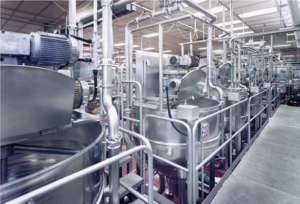In the manufacturing process, trimmings, wash residue and by-products are a natural consequence of production. Additionally, waste may result from off-specification batches, overproduction and expired goods. This mixed waste, with different consistencies and subject to different disposal regulations, must be handled within the strict sanitary requirements of the food and beverage industry and meet local codes for discharge into sewers and / or landfills. As specialists in pumping technology with progressive cavity pumps, macerators and control systems – we have been rising to the challenge, providing a superior range of technically and economically optimized solutions for the food and beverage industry.In particular, hygienically sensitive waste must be quickly and safely transported to an appropriate disposal system. Conventional methods such as manual handling in waste containers, using conveyor belts, compressed air systems or flumes are inefficient, dirty and costly. Our pumps solve all these handling problems. Transfer of waste products through a closed pipe system is the optimal alternative – avoiding accidental contamination, contamination of the working environment, unpleasant odors and rising costs.
Fruit and Vegetable Industry
The growth of convenience food has generated rapid growth in the production of both prepared vegetables and ready to eat salads and fruits. Increased production has lead to increased automation and sanitation standards. Waste comes from washing, peeling and trimming operations. To remove this waste some plants use conveyor belts, some water flumes and others still use employees to transport open containers over long distances to collection containers. These methods have three common results: they are time consuming, dirty and expensive.A wide variety of finished products may be produced by a single factory from different raw materials, with different textures and challenges. Pits and stones from fruit, peels from citrus fruit and salad trimmings are just some of the materials to be handled. Solutions must be able to handle these products and to make removal faster, more sanitary and above all, cost-efficient
Benefits of using pumps from John Brooks Company for fruits and vegetable processing –
- Chopping and conveying in enclosed systems without the addition of water
- Removal of waste automatically from peeling machines
- Sanitary removal directly from high care areas eliminates unpleasant odors
- Reduction in manual handling improves health / safety
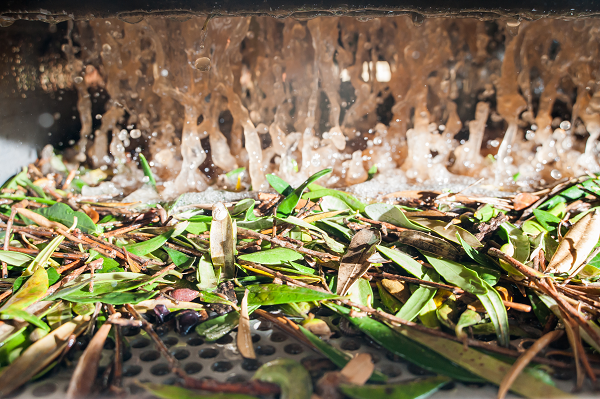
Potato and snack Industry
Potatoes are used in the convenience and snack food industry in numerous products: Precooked french fries and croquettes as frozen food, seasoned potato wedges for commercial kitchens and finished products such as mashed potatoes. The snack food industry also processes and uses potato based ingredients for manufacturing potato chips and associated products.Potato processing is highly automated, and throughput is high. This demands efficient removal of reject potatoes, peels and trimmings, along with downstream treatment of wastewater which may have a high starch and phosphoric acid content together with entrained solids. We offer offer proven solutions for efficient, sanitary and economical chopping and transport of potatoes and potato waste which are integrated into highly automated production lines. Our pumps handle whole reject potatoes and macerators provide further volume reduction – which is ideal for processing potato waste into animal feed or the extraction of valuable potato starch.
Benefits of using pumps from John Brooks Company for potato and snack processing –
- Chopping and conveying of waste in a single step without the
addition of water - Integration into automated systems for rapid waste removal
- Resistance to corrosive peelings and trimmings
- Lower operating costs than alternative removal systems
- Facilitates the use of waste as feed, compost or bio-gas feed stock
Breweries and Distilleries
The brewing and distilling process produces valuable by-products. These must be collected and transported for further processing into animal feed or for biogas production. Storage silos or biogas production facilities may demand long-distance transfer of by-products. Breweries and distilleries vary in size, from micro-breweries to large industrial beer and spirits production, with differing demands for handling methods.
Pumps from John Brooks can provide the following benefits :
- Increased production facilitated by rapid grain removal
- Reduced energy costs compared to alternative systems
- Long distance transfer possible
- Handles thin and high viscosity products
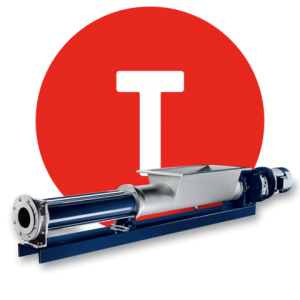
SEEPEX T – Open Hopper Pumps
SEEPEX T – OPEN HOPPER PUMPS SEEPEX T Open Hopper Pumps handle viscous...
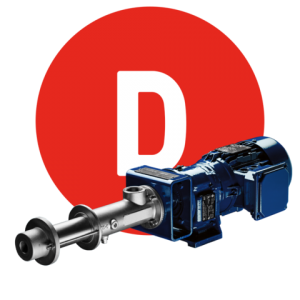
SEEPEX D – Metering Pumps
SEEPEX D – METERING PUMPS SEEPEX D metering pumps achieve a metering accuracy...

SEEPEX M – Macerator
SEEPEX M – MACERATOR SEEPEX macerators macerate the solid and fibrous components...
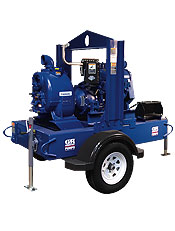
Gorman-Rupp Super T Engine-Driven Self-Priming Pumps
Whether bypassing a pump station during repair, keeping critical services operational at...
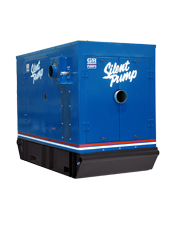
Gorman-Rupp Super T Silent Self-Priming Pump
Gorman-Rupp Super T Silent Self-Priming Pump applications where noise levels must be...
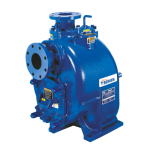
Gorman-Rupp Super T Self-Priming Pumps
Gorman-Rupp Super T Self-Priming Pumps (SOLIDS & CORROSIVE LIQUIDS PUMPS) are designed...
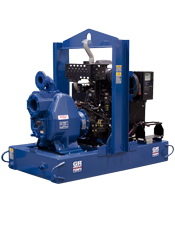
Gorman-Rupp Ultra V Engine-Driven Self-Priming Pumps
Gorman-Rupp’s extra heavy-duty self-priming centrifugal trash pumps have the muscle and stamina...
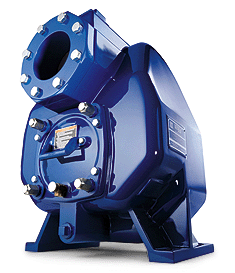
Gorman-Rupp Ultra V Self-Priming Pumps
Today’s pumping applications demand better and more efficient self-priming, solids-handling pumps. At...



